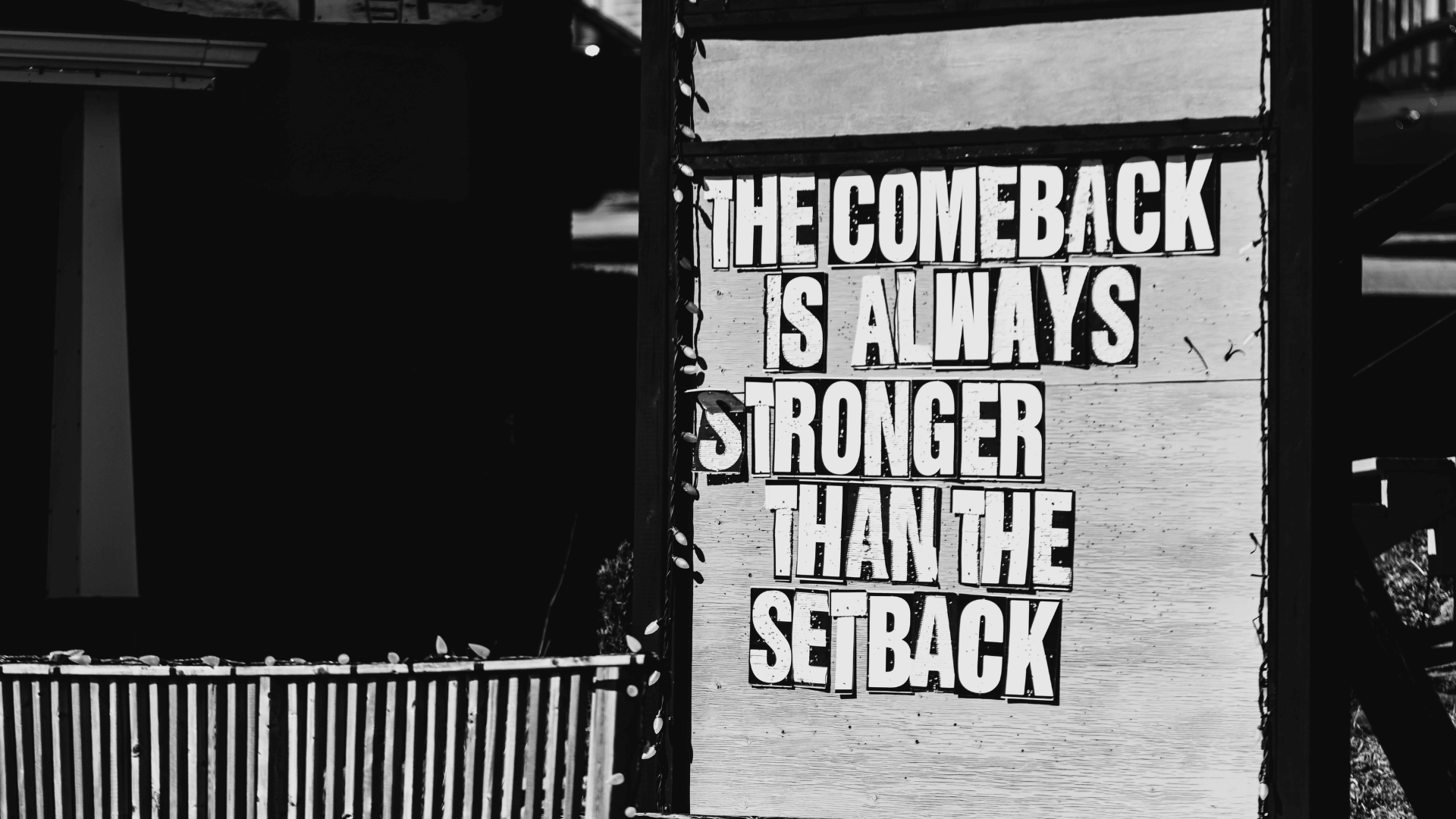You can’t be a cynic and a Christian.
I should know better when on social media. I’ll read a post from someone I know and care for, and think, “Are you even listening to yourself? You’re a believer. And if I were to take what you’re sharing at face value, I’d say you’re moving close to despair. How cynical can you get?”
It’s like a drowning man who not only won’t reach for a lifesaver but isn’t content until they drown someone else along with them.
In a world that often seems overwhelmed by negativity and cynicism, it’s easy to wonder where we, as Christians, fit into the grand scheme of things. We’re bombarded with news that paints a less-than-hopeful picture of humanity and the future. It’s in these moments, however, that our faith is not just a belief but a beacon—a source of perpetual hope and unwavering trust in God’s sovereignty.
The idea that “you can’t be cynical and a Christian” might seem bold at first glance. After all, isn’t it human to feel disheartened by the seemingly endless cycle of bad news? Yet, this statement isn’t about denying our emotions or ignoring reality. It’s about recognizing that, as Christians, we are called to view the world differently. We are called to hope.
Hope, in the Christian sense, is not blind optimism. It’s a confident expectation based on the character and promises of God. Despite the chaos, despite the brokenness, we stand firm in the belief that God is always glorified in all things. This isn’t a passive hope; it’s active and alive, compelling us to engage with the world in a way that reflects God’s love and redemption.
Don’t let your familiarity with Romans 8:28 dilute its truthfulness. Paul reminds us, “And we know that in all things God works for the good of those who love him, who have been called according to his purpose.” This verse isn’t a platitude; it’s a cornerstone of our faith. It assures us that, no matter the circumstances, God is at work. He’s weaving every thread, even those tarnished by sin and sorrow, into a tapestry that glorifies Him and fulfills His divine plan.
When we look at others or the world around us, it’s crucial to remember that there’s no person or situation beyond God’s redemption. To think otherwise is to limit the infinite power of our Creator, the one who spoke the universe into existence. How, then, can we doubt His ability to transform lives and circumstances?
Embracing this perspective shifts our focus from despair to action. It challenges us to be agents of hope and vessels of God’s love. Instead of being overwhelmed by the darkness, we’re inspired to shine our light brighter, to reach out with compassion, and to partake in God’s redemptive work in the world.

“God’s got this” might sound like a casual affirmation, but it’s a profound declaration of faith. It’s an acknowledgment of God’s omnipotence and a commitment to trust Him, even when the path ahead seems uncertain. This trust isn’t naive; it’s rooted in a deep understanding of who God is and His promises to us.
So, as we navigate through life, let’s challenge ourselves to shed any cynicism that dims our light. Let’s replace it with a hope that is as unshakeable as it is contagious. Let’s be so filled with God’s love and trust in His plan that others can’t help but be drawn to the hope that lives within us.
As you reflect on these words, I encourage you to evaluate your own heart. Are there areas of your life where cynicism has taken root? How can you actively replace that cynicism with hope? Remember, it’s a journey we’re all on together, supporting one another, as we strive to live out our faith in a world that desperately needs the hope only God can give.
Let’s not just be hearers of this message but doers. Let’s live out our hope in such a way that it provokes others to seek the source of our hope, the very heart of God. Because, in the end, hope is not just what we have; it’s what we are called to share.










